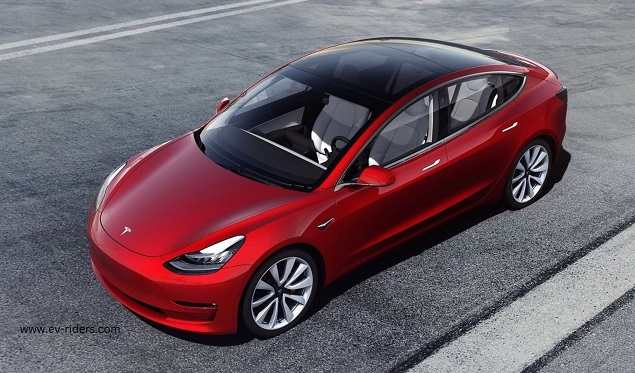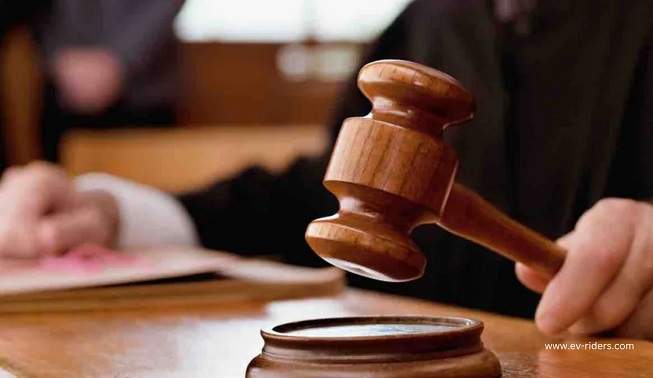First complaints against Tesla for accusations of falsifying autonomies
On July 27, Reuters published an investigative article indicating that Tesla designed an algorithm for its vehicles designed to show autonomy. Something that meant in the first kilometers, the estimated range was very optimistic. The aspect for some users is a hoax, and they are beginning to denounce the brand in court.

In addition to the alleged design of this algorithm, Tesla also made controversial decisions as creating teams of technicians dedicated to canceling customer visits to technical services to complain precisely about the low autonomy that some users were suffering, mainly in the winter months.
Given these accusations, it was a matter of time until the first lawsuit reached the courts, which happened last Thursday in California. However, the demand goes further.
Lawsuit against false autonomy
The lawsuit accuses Tesla of exaggerating its range with more than optimistic estimates. But in addition, mention is also made of another problem, such as the approval process under the EPA cycle, where for some reason, Tesla achieves much better results than its rivals and all much more autonomy than can be expected to achieve in real-life.

For the lawyers who have filed the complaint, Tesla also exaggerates by not informing buyers about charging limits.
Read Also– Tesla launches unlimited nightly charging offer for $25 a month.
According to the text of the complaint, when a Tesla is delivered to the customer, at least in California, the manufacturer does so with a maximum charge limit of 80%. A limit the customer can easily modify from their application or the car’s screen, but that many customers who are not very advanced in technical or computer aspects were unaware of. It is also not stated anywhere on the manufacturer’s page, and they could charge more than 80%.
A limit is extending the useful life of the battery but according to the complainants has not been addressed with the necessary clarity by the brand, which they accuse of not being more transparent on its website with this and other aspects related to autonomy.
The plaintiffs have indicated that they have been very disappointed by the actual autonomy of their vehicles from the outset. For example, the 2022 Tesla Model Y Performance of one of them has an EPA approval of 487 km. But after traveling 148 km, the scoreboard showed a loss of 292 km.
Another case is that of a Model 3, with 535 km of EPA autonomy, which after leaving at 100% charge and driving 289 kilometers, had barely 10% charge remaining at the end of the trip.
Dissatisfied customers were told by Tesla their cars had no flaws. They claim the manufacturer violated express and implied warranties, violated the Magnuson-Moss Warranty Act and the Song-Beverly Consumer Warranty Act, and committed fraud, among other allegations.
The lawsuit wants the court to recognize that it is a class action and it must be tried in a jury process, although the request for compensation is not specified. Something that will correspond to the jury or the judge to decide.
Related Post
